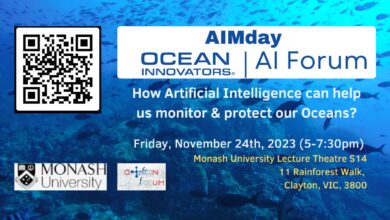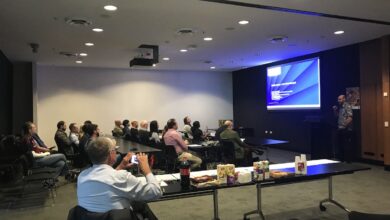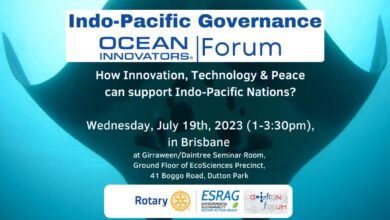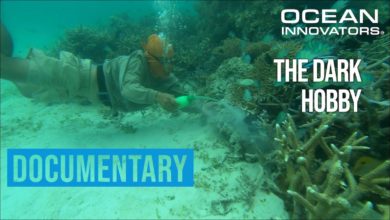Madagascar Whale Shark Project
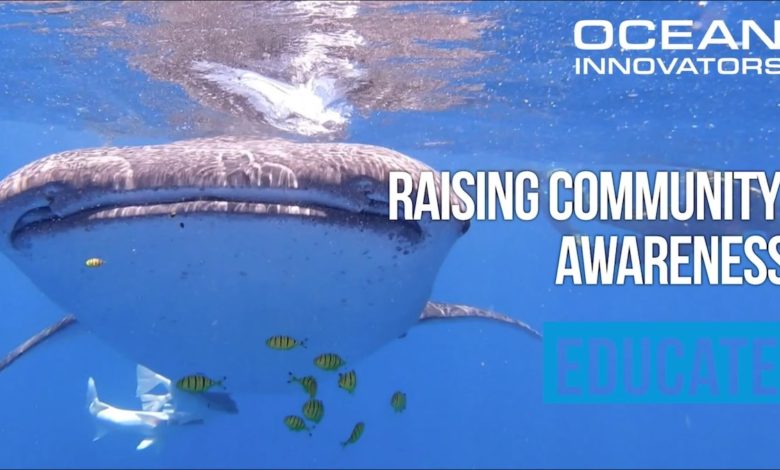
- How did the Madagascar Whale Shark Project start?
- How are human activities affecting whale sharks?
- What is the Madagascar Whale Shark Project doing to remedy the situation?
- How to help
According to the Marine Megafauna Foundation, there has been a 50% decline in marine life between 1970 and 2012. 2,270 marine species now listed as endangered or threatened with extinction under the Endangered Species Act. How do we protect marine species when 95% of our oceans remain unregulated? How important are ocean giants for our marine ecosystems? What is the Madagascar Whale Shark Project doing to prevent species extinction?
How did the Madagascar Whale Shark Project start?
Stella Diamant founded the Madagascar Whale Shark Project (MSWP) when she saw that there was a gap in research and knowledge to protect whale sharks in Madagascar. Madagascar possesses an incredible wealth of natural resources and endemic species. Yet, poverty and corruption lead to poor management of resources, hence, endangering the rich biodiversity. Stella decided to come up with a plan to involve local operators and study whale sharks to gather scientific data that could support their protection – and MSWP was born. It is a research and conservation project focusing on whale sharks in Madagascar specifically and is active in one area, Nosy Be, where whale sharks come every year. The small team collaborates with volunteers and pays 5 to 25 Malagasy staff to collect data and raise awareness.
The motivation behind creating this foundation is that whale sharks are emblematic. They are very docile animals and, hence, people are not afraid of them. As a result, people come out to swim with them and that brings money and people to Nosy Be, which in turn drives the economy. Stella and her team really want to make sure they protect them so that people can continue to earn a living from tourism. This will allow the local community to increase their wealth and gain access to education and other necessities. At the same time, protecting the habitat of the whale sharks – which is also home to whales, manta rays, and many different species that also critically rely on this ecosystem – is crucial.
How are human activities affecting whale sharks?
The biggest factor affecting whale sharks is plastic pollution. Whale sharks are filter feeders, which means that they feed on the surface. They ingest everything floating on the surface, so microplastics end up directly in their belly and can kill them. Another danger is collision with boats. The fact that a big boat won’t spot a whale shark feeding at the surface can lead to fatal collisions and if not, can cause significant wounds. Additionally, there is the fishing problem; overfishing as well as illegal fishing of sharks. What makes things worse is that whale sharks grow really slowly. They take about 30 years to reach maturity. So, if anything happens during that time, it compromises their life. This is why they are declining in number so fast.
What is the Madagascar Whale Shark Project doing to remedy the situation?
The MSWP team works mainly with photo identification. It’s a basic method used all across the world. The ID picture is always the left side of the shark and allows the team to identify the shark and record data about it. The team has identified 408 different whale sharks in Madagascar so far. They are able to conduct these monitoring activities thanks to tourism operators that take the team out when they take tourists around. Another focus of the project is education. They raise awareness among the population, targeting kids through school programs. Since 2018, the “Guardians of the Ocean” educational program has been launched. It focuses on raising awareness about marine megafauna amongst local schools and youth in Madagascar.
At the Global Convention on the Conservation of Migratory Species of Wild Animals, governments have added whale sharks to Appendix I of the convention. Madagascar has signed this convention. So, the government has the responsibility to protect the life of whale sharks. The MSWP team is actively working on providing useful data. For example, there is a marine protected area that is now potentially being expanded and would encompass the whale shark habitat. The team is providing data to inform the best way possible to do this. However, it is very difficult because there is still very limited data on whale sharks and, specifically, the species in Madagascar. So, there is still a lot of work and it will take a long time to implement these changes.
How to help
The MSWP team needs more funding to carry on its activities in Madagascar. Every year, the whale sharks come during a specific season and that’s when volunteers use the tourism boats to conduct surveys. Then, the rest of the year the efforts continue while the whale sharks are away. The team organises many outreach activities and has to process all the data from the season. Then, preparation for the next season follows. So it is critical to obtain funding to work and prepare for the future at the same rate. Currently, most of the funding only covers the season. Outside of that, the team members juggle different jobs to cover the costs. Extra funding will help cover their needs and efforts throughout the year, and allow the team to avail of their own boat in order to work independently from tourism operators. MSWP’s vision is to also expand the educational efforts and launch a national awareness campaign about whale sharks.
Stella leaves us with an empowering message. “I really think everyone can get involved in marine conservation. You can volunteer, you can provide your time, you can donate money, you can cut on plastics, you can eat sustainable fish.” There are so many ways for people to take a stand now. The Madagascar Whale Shark Project proudly supports three United Nations Sustainable Development Goals: #1 No Poverty, #4 Quality Education, and #10 Reduced Inequalities. You can find out more about them by visiting their website or on Twitter, Facebook, or Instagram.



